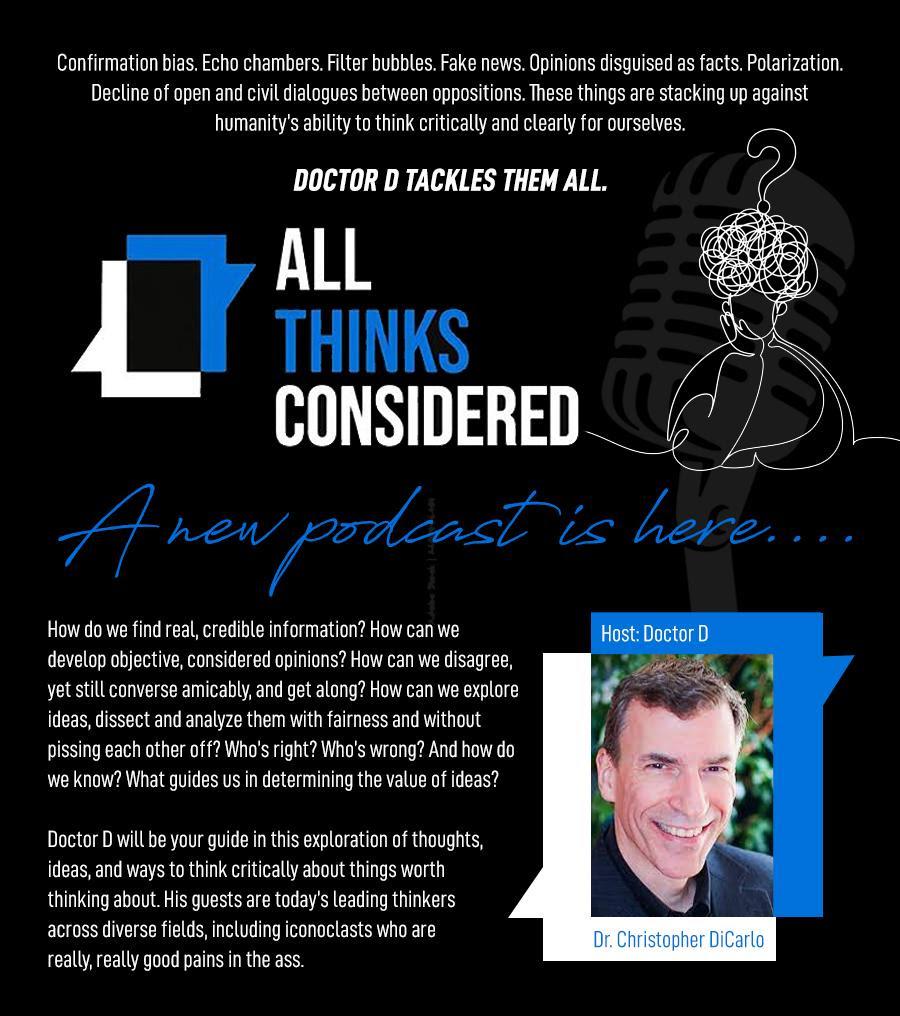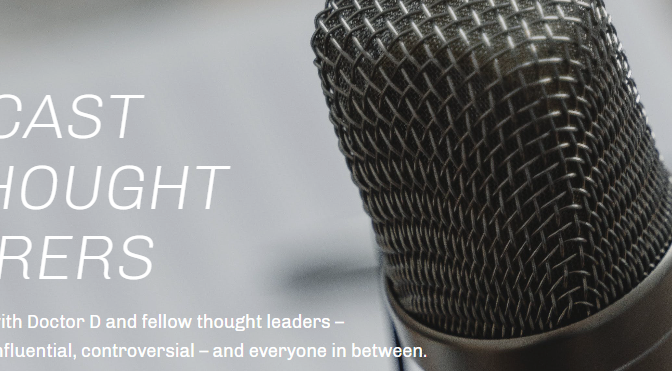“From Francis Bacon to Barack Obama, thinkers and political leaders have denounced humanists as obsessively bookish and allergic to labor. In this celebration of bookmaking in all its messy and intricate detail, renowned historian Anthony Grafton invites us to see the scholars of early modern Europe as diligent workers.“
That’s how the publishers of Anthony Grafton’s new book, Inky Fingers: The Making of Books in Early Modern Europe (Harvard University Press: June 2020) begin their exposition of the book.
To begin our approach to the labours of book-making, we turned first to a podcast! While that may be seem ironic, the rapid growth of podcasts as a transmission vehicle for information is fascinating to consider in light of the subject. Surely there is plenty of messy, intricate detail involved in producing any one of the thousands upon thousands of podcasts currently available.
In Theory is the podcast of the Journal of the History of Ideas Blog. On September 1, 2020 In Theory’s co-host Simon Brown interviewed Grafton on themes to be found in the book.
Grafton is the Henry Putnam Professor of History and the Humanities at Princeton University and has taught both undergraduate and graduate courses on art, magic, and science in Renaissance Europe and on the history of books and readers as well as the history components of Princeton’ four-course undergraduate introduction to Western civilization offered by the Program in Humanistic Studies.
Grafton’s special interests lie in the cultural history of Renaissance Europe, the history of books and readers, the history of scholarship and education in the West from Antiquity to the 19th century, and the history of science from Antiquity to the Renaissance.
Included in Grafton’s many publishing achievements are several “intellectual biographies” of a variety of original and influential thinkers such as a 15th-century Italian humanist, architect, and town planner, Leon Battista Alberti; a 16th-century Italian astrologer and medical man, Girolamo Cardano; and a 16th-century French classicist and historian, Joseph Scaliger.
Over the course of the In Theory podcast interview, Grafton discussed the various kinds of human labour involved in producing the works of scholarship, taking pains to contrast it with previous views of scholarship which relied on “divination” as the explanation of how scholarship worked. In considering textual divination Grafton suggested, “scholars realized that all that divination means is that you’re simultaneously applying many different kinds of knowledge: lexical, grammatical, stylistic, knowledge of the use of the author, knowledge of historical context, knowledge of the development of the language, knowledge of meter if its verse. All of those things are being focused down on a single passage and that’s what enables you to divine the answer. There’s nothing miraculous about it. It’s a highly interdisciplinary and remarkably erudite process.“
At a little over forty-seven minutes in length, the interview is worth the listen. It is a reminder of the often-ignored but still necessary supportive contributions made by people that enable academic or intellectual output – whether that work is by a printing press operator, a scribe or a sound technician.
It also offers a vantage point to consider the subtle ways that systemic faithism has been, and arguably continues to be, deeply engaged in obscuring or appropriating human endeavour.
Finally, a listen to the interview suggests that Grafton’s book will provide valuable and interesting insights into humanistic scholarship. According to the publisher’s website, “Meticulously illuminating the physical and mental labors that fostered the golden age of the book—the compiling of notebooks, copying and correction of texts and proofs, preparation of copy—he shows us how the exertions of scholars shaped influential books, treatises, and forgeries. Inky Fingers ranges widely, tracing the transformation of humanistic approaches to texts in the seventeenth and eighteenth centuries and examining the simultaneously sustaining and constraining effects of theological polemics on sixteenth-century scholars. Grafton draws new connections between humanistic traditions and intellectual innovations, textual learning and craft knowledge, manuscript and print. Above all, Grafton makes clear that the nitty-gritty of bookmaking has had a profound impact on the history of ideas—that the life of the mind depends on the work of the hands.“
The views, opinions and analyses expressed in the articles on Humanist Freedoms are those of the contributor(s) and do not necessarily reflect the views or opinions of the publishers.
Sources, Citations and References
- Featured Photo Courtesy of: https://www.unibas.ch/de/Aktuell/News/Uni-Agenda/Anthony-Grafton-haelt-Basel-History-Lecture-2018.html
- https://history.princeton.edu/people/anthony-grafton
- https://soundcloud.com/jhi-blog/inky-laborious-humanism-simon-brown-interviews-anthony-grafton
- https://jhiblog.org/2020/08/31/in-theory-simon-brown-interviews-anthony-grafton-on-the-labor-of-humanist-scholarship/
- https://www.hup.harvard.edu/catalog.php?isbn=9780674237179













